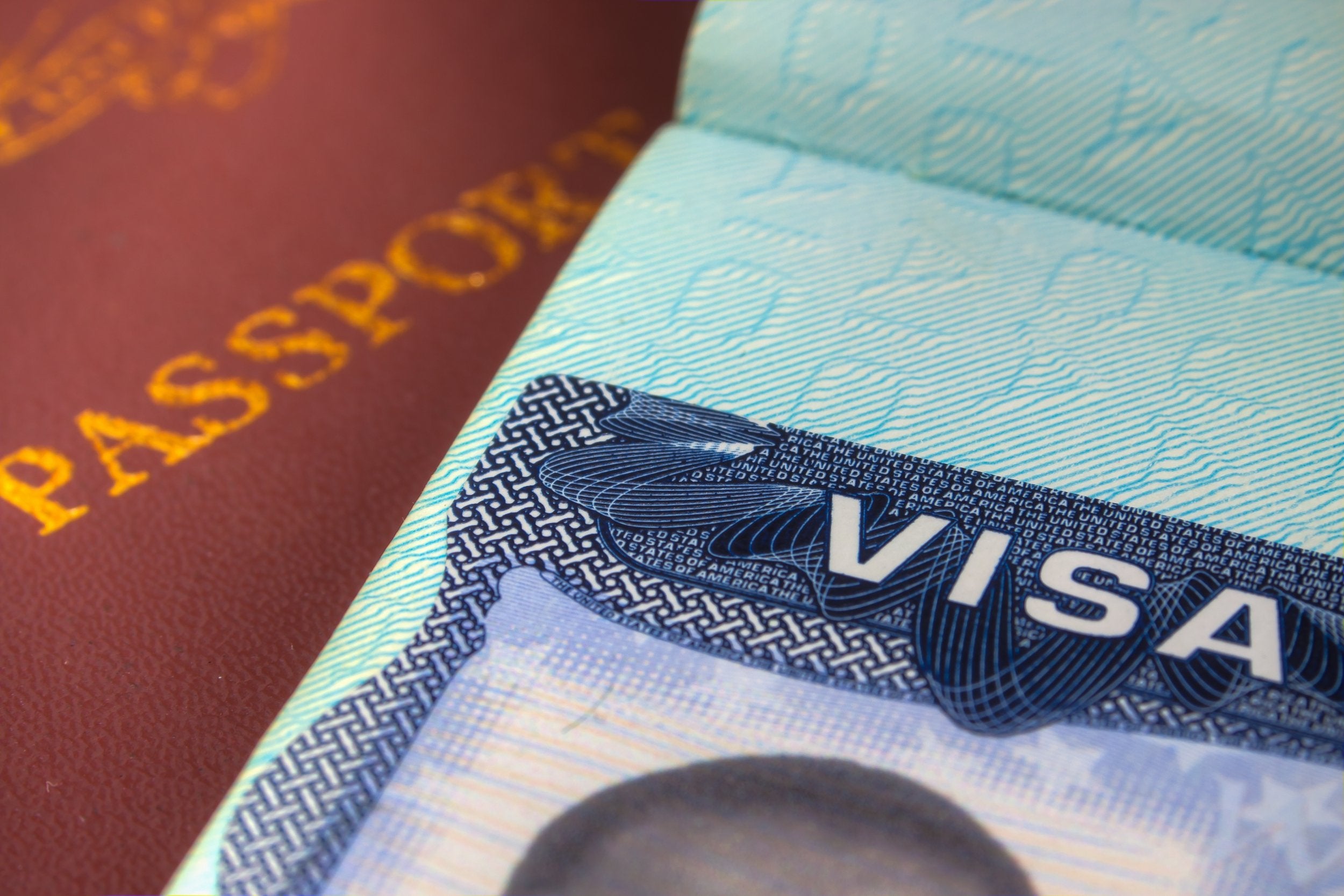Do tourists to Turkey really need to print off electronic visas or risk being denied boarding?
Stories are circulating on social media

Your support helps us to tell the story
This election is still a dead heat, according to most polls. In a fight with such wafer-thin margins, we need reporters on the ground talking to the people Trump and Harris are courting. Your support allows us to keep sending journalists to the story.
The Independent is trusted by 27 million Americans from across the entire political spectrum every month. Unlike many other quality news outlets, we choose not to lock you out of our reporting and analysis with paywalls. But quality journalism must still be paid for.
Help us keep bring these critical stories to light. Your support makes all the difference.
Tourists visiting Turkey from the UK have been warned by travel agents to print off a hard copy of their e-visa, or risk being denied entry to the country.
However, the Turkish Ministry of Foreign Affairs, responsible for issuing e-visas, claims a phone download is sufficient.
The issue was brought to the fore when travel agent Lyndsey West wrote on her business Facebook page: “Urgent advice to anyone visiting Turkey!!!! To anyone travelling to Turkey you will now need to show a paper copy of your visa at UK airports.
“If you don’t have this you are not allowed to board the plane.
“There’s been loads of people turned away and missed out on their holiday.
“The tour operators don’t always inform you of this when you book. Please allow extra time at the airport.”
Some tour operators followed suit, with two local branches of Thomas Cook sharing posts to the same effect on their social media accounts.
“Urgent message to anyone who is visiting Turkey or would like to visit Turkey!” wrote Thomas Cook Ballymena on Facebook and Twitter.
“To anyone travelling to Turkey, you will need to have and show a paper copy of your visa at UK airports. If you don’t have this you will not be allowed to board the plane.”
Thomas Cook Connswater uploaded a similar post.
However, this is at odds with advice shared by the Turkish Ministry of Foreign Affairs.
“You don’t have to print your e-visa out – you just need to download it on your phone,” a representative from the Turkish Ministry of Foreign Affairs told The Independent when we rang up to enquire.
“At the border they just want to see your visa. It can be on your phone.”
In several stories, an account of 30 easyJet passengers being turned away before a flight to Bodrum after being told that e-visas on mobile phones were not acceptable has been shared as an example.
However, having investigated, the airline says it is not aware of the case, and says passengers have no need of a hard copy of their visa.
“Passengers won’t be denied boarding if they don’t have paper copies or e-visas – both of which we accept – and passengers travelling to Turkey can also obtain a visa on arrival,” an easyJet spokesperson told The Independent.
The Foreign Office advice also stipulates that, while visitors should keep their visa on them, it can be a hard or “soft” version: “In case of technical problems at the Turkish port of entry, carry a printed copy of your e-visa or keep an electronic copy on a smartphone or other device to show at immigration.”
The Turkish Ministry of Foreign Affairs website also advises visitors to “keep your e-visa with you either as a soft copy (tablet PC, smart phone, etc) or as a hard copy in case of any failure on their system".
British nationals are advised to apply for an e-visa at least 48 hours before travelling, unless they’re cruise ship passengers arriving at sea ports for visits of up to 72 hours (who are exempt).
E-visas cost $20 (£15.45); however, it is still possible to obtain a visa on arrival, which makes the claims that passengers without printed-out versions are being denied boarding all the more confusing.
“Until further notice you can get a multiple entry sticker visitor visa, valid for 90 days, on arrival at any port of entry on payment of £20 in cash (Scottish and Northern Irish currency is not accepted),” says the FCO.
“However, as the visa on arrival service is likely to be phased out at some point in the near future, we recommend you get an e-Visa.”
Join our commenting forum
Join thought-provoking conversations, follow other Independent readers and see their replies
Comments